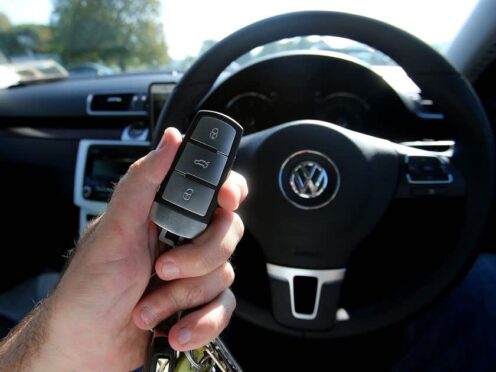New research has shown that consumers believe car makers should do more to prevent keyless entry systems being vulnerable to criminals.
The research found that four in five of those surveyed (80 per cent) believe that car manufacturers need to do more to make their cars harder to steal, with only six per cent saying they did not believe car makers had more work to do to make their cars less vulnerable to theft.
The rise in theft isn’t putting most people off purchasing certain cars though, with only one in eight (13 per cent) saying that they have in the past avoided buying a particular model of car because they fear it is attractive to thieves.
Of those surveyed, 70 per cent believed having keyless entry would make a car more likely to be stolen and 46 per cent say that they will not purchase some brands of car for the same matter.
Vehicle manufacturers have been fitting this technology to most of its models for over a decade. Its purpose is to make life easier when entering and exiting the vehicle without reaching for your keys.
Car criminals are gaining access to these vehicles equipped with this feature by buying software devices off the internet which can scan keyfobs within a few metres which enables them to unlock and start the car without having the key at all.
The research, conducted on behalf of insurance company The Green Insurer, surveyed a total of 1,053 adults aged over 18 and 835 of those were car owners.
Paul Baxter, CEO of The Green Insurer said: “It’s clear from our research that the overwhelming majority of consumers believe car manufacturers have a pivotal role to play in reducing car crime. More worryingly, our findings indicate that if a particular model is deemed to be a high risk target for thieves, almost one in two purchasers will be put off from buying.
“By keeping one step ahead of the criminals and enhancing the security features of their vehicles, whether that is by advanced encryption methods or investing in better vehicle tracking and recovery systems, car manufacturers can make significant strides in reducing car crime, thereby giving their customers peace of mind as well as protecting their brand.”
